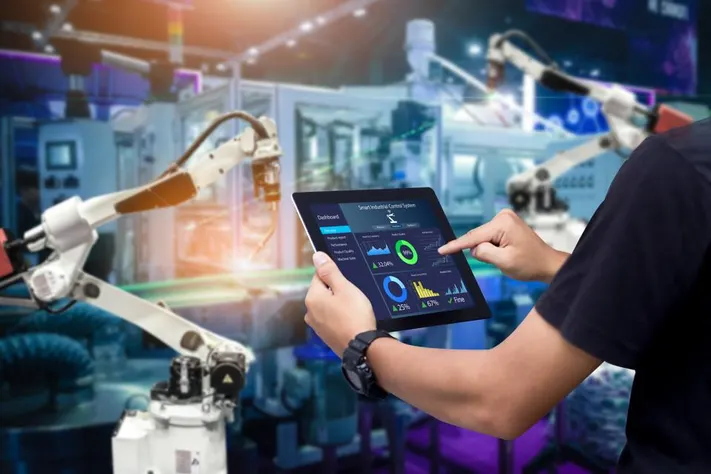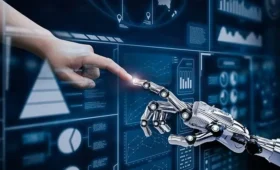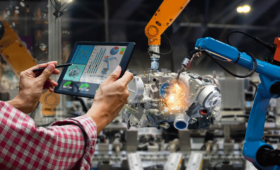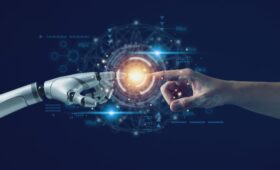Artificial Intelligence (AI) is transforming the way we interact with technology. From virtual assistants like Siri and Alexa to self-driving cars and AI-driven medical diagnoses, AI is becoming an integral part of daily life. But what is AI, and how is it reshaping the world of technology? This article explores the rise of artificial intelligence, its key applications, and its impact on various sectors.
1. What is Artificial Intelligence?
AI refers to the ability of machines to perform tasks that typically require human intelligence, such as learning, reasoning, and problem-solving. There are two main types of AI:
- Narrow AI: Specialized in performing specific tasks, such as speech recognition or image processing.
- General AI: Still in development, this type of AI would be capable of performing any intellectual task that humans can do.
2. AI in Everyday Life
AI has become increasingly present in our daily routines. For example, voice assistants powered by AI help us set reminders, control smart home devices, and answer questions. AI also enhances the functionality of social media platforms by recommending content tailored to individual preferences, which is based on user data and behavior.
3. AI in Business and Industry
AI is revolutionizing industries by improving efficiency, reducing costs, and enabling innovation:
- Healthcare: AI algorithms are used to analyze medical images, predict patient outcomes, and suggest personalized treatment plans.
- Finance: AI is employed in fraud detection, algorithmic trading, and personalized banking services.
- Manufacturing: AI-powered robots perform repetitive tasks in production lines, increasing productivity and safety.
4. The Future of AI: Opportunities and Challenges
While AI offers exciting opportunities, it also comes with challenges:
- Job Displacement: Automation driven by AI could lead to job losses, particularly in sectors like manufacturing and customer service.
- Ethical Concerns: The use of AI in decision-making processes (e.g., hiring or law enforcement) raises questions about bias and fairness.
- Privacy: The vast amounts of data AI systems rely on could pose privacy risks if not properly managed.
Conclusion: Embracing AI for a Smarter Future
Artificial Intelligence is transforming technology and reshaping industries, from healthcare to finance and beyond. As AI continues to evolve, it will undoubtedly play a pivotal role in how we live and work, though it’s essential to address the challenges associated with its use.




